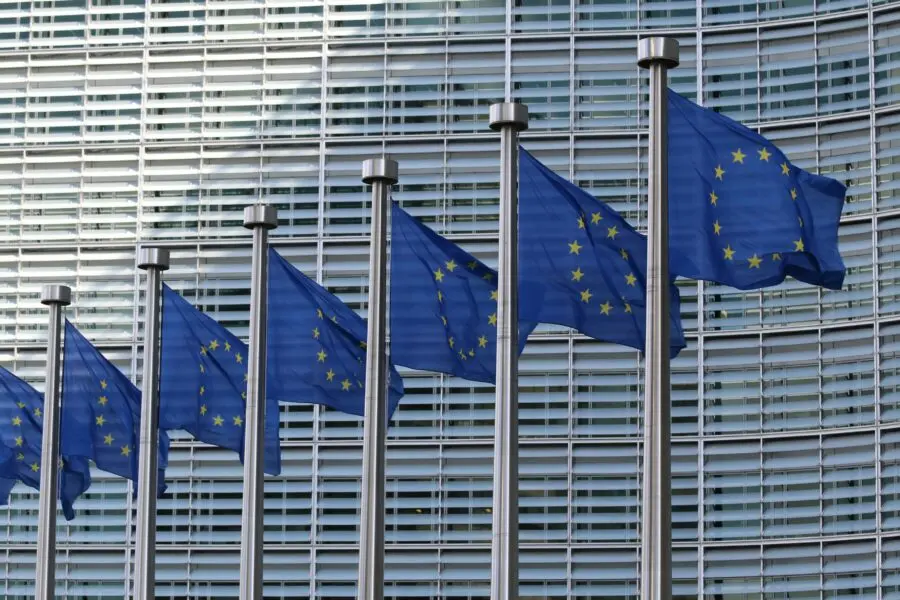
Trigger warning: discussion of rape and sexual assault
An investigation has found that the EU funding of security forces in Tunisia, intended to help manage the flow of migrants, has been linked to new human rights abuses. These abuses have been observed by a Guardian investigation which concluded that the treatment of individuals on the move has violated a large number of human rights.
This includes accounts describing how Tunisian forces regularly engage in violent assaults on people, including raping women and abandoning them to die in the desert. “We’re being raped in large numbers; they [the national guard] take everything from us”, said one witness being interviewed by The Guardian.
The investigation also found that the locations where thousands of migrants are being held, in conditions described as ‘horrific’, are inaccessible to humanitarian organisations and other aid agencies. Tunisian border guards have also allegedly been gathering migrants and handing them over to their Libyan counterparts at infamous detention centres like Bani Walid, where they face extortion and torture.
There are thus fears that the funding from the EU has been linked to the repressive anti-migrant and increasingly anti-democratic regime of Tunisian prime minister Kais Saied. He has explicitly expressed racist remarks on migrants coming from sub-Saharan Africa and often uses this minority as a scapegoat for Tunisia’s economic and social problems.
It has been argued that Tunisia’s role in these abuses is just a way for it to do the EU’s ‘dirty work’. Italian prime minister Meloni has spearheaded agreements with Saied in return for economic assistance. With these alleged human rights abuses by the Tunisian security forces: the EU is now investigating the deal’s compatibility with human rights obligations. These concerns about the EU-Tunisia agreement also impact the bloc’s credibility as the EU tries to balance human rights concerns with efforts to reduce migration and strengthen broader partnerships.
“It has been argued that Tunisia’s role in these abuses is just a way for it to do the EU’s ‘dirty work’. Italian prime minister Meloni has spearheaded agreements with Saied in return for economic assistance.”
The investigation is being led by Emily O’Reilly. Her report is likely to question the accord’s integrity and whether measures are in place to suspend EU funding if human rights violations are identified. She expressed concerns about the use of the funds and the possibility of their return.
In a new development highlighting increasing concern over the deal, the International Criminal Court may open an investigation into the mistreatment of sub-Saharan migrants by Tunisian authorities. The submission is being led by British barrister Rodney Dixon KC.
An EU spokesperson mentioned that human rights obligations had been discussed with the Tunisian authorities as part of the agreement, and emphasized that substantial efforts and monitoring mechanisms for EU-funded programs were in place, including oversight of the human rights situation.


